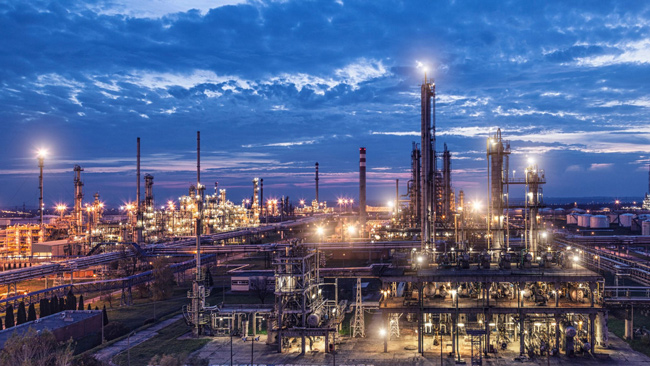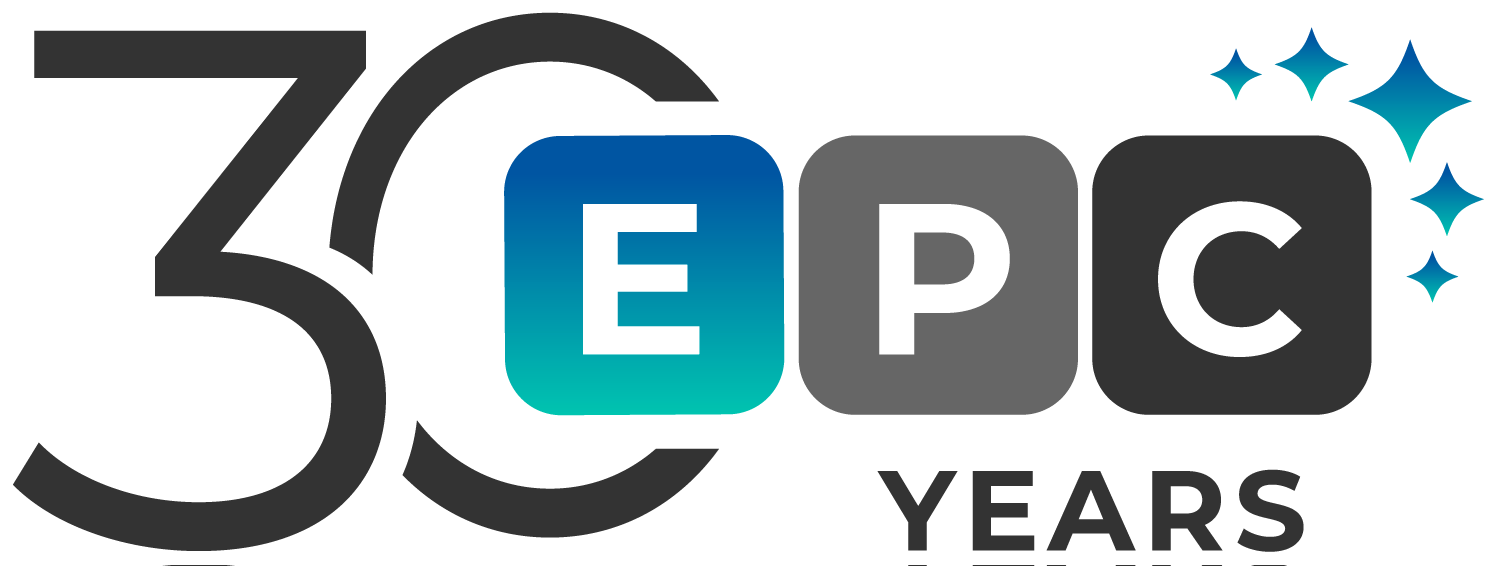
Ahead of the upcoming IDW 2022: International Downstream Week, taking place from 29-30 September in Dubrovnik, we asked Gabriel Szabó, Executive Vice President of Downstream, from our co-host MOL GROUP, to share how the company is tackling the current challenges facing the industry and working to achieve their goal to be one of Europe's best refiners.
1. Considering that globally the majority of today’s vehicle fleet continue to be powered by ICE’s, which liquid fuels will MOL continue to produce and what is the company’s strategy for future fuels – fossil blended, synthetic e-fuels, renewables?
Last year, when we disclosed our updated strategy, 2030+ ’Shape Tomorrow’, the main goal was to further accelerate the pace and scale of the fundamental shift away from fuels, so to set new horizons to meet with the present challenges. That is, the transition towards a low-carbon circular economy and reaching net zero carbon emissions.
With this strategy, MOL Group seeks to gradually diversify the Group's revenue streams away from traditional hydrocarbons by seeking opportunities for developing new low-emission products and services in new markets. However, a key aspect for the successful transformation is to generate sufficient cash flow from existing hydrocarbon-based activities to finance the non-fossil fuel related transformational projects, especially in Downstream.
Furthermore 2022 brought new challenges, including the emerging crisis resulting from the conflict in Ukraine, which means that the security of the energy supply is now more important than ever. So as for our strategic goals, which are aligned with the European efforts to achieve climate neutrality by 2050. We believe that it is also a common European interest to ensure the energy security of tens of millions of MOL Group customers who depend on the access to the fuels produced in our refineries.
Besides the continuous supply of ’traditional’ refined products, we already have interim results for the production of future liquid fuels. Last year we started biofuel production at the Danube Refinery. With this investment, we can reduce our CO2 emission by up to 200kt per year without negatively affecting the fuel quality.
This year we announced the construction of one of the largest capacity green hydrogen plants in Europe. Once operational in 2023, we will use the green hydrogen in the Danube Refinery during fuel production with our own hydrogen system. It will be incorporated into the molecules of MOL fuels, lowering the carbon outputs from the production technology and the final product.
Several important R&D projects passed critical milestones (green hydrogen projects; advanced and sustainable fuels and mechanical and chemical recycling of waste). We are striving to implement these projects and adapt our operations to the current challenges.

Picture 1 - Danube Refinery MOL GROUP
2. Has MOL been able to fully adapt (100%) to the IMO2020 regulation for marine fuels?
Meeting IMO2020 rules implied a massive sulphur reduction, and our Rijeka refinery has successfully changed its crude appetite, having occasional trial runs before fully switching from sour to sweet slates in H2 2019. First batches of IMO2020 compliant fuels were successfully placed on the market early in 2020.
Based on marine fuel demand, refinery geo-location and refining capacity assessments, Rijeka refinery has successfully adapted to the post-IMO2020 environment and contributes to the market close to 300,000 tons of IMO2020 compliant fuels or fuel oils’ blend stocks annually.

Picture 2 - Rijeka Refinery INA (part of the MOL Group)
3. One classic performance indicator for refineries is energy consumption. What current and future actions are MOL taking to maintain optimal energy efficiency within its downstream production facilities?
Energy efficiency has never been as important as it is now. With the historically high European energy prices, we need to put more emphasis on accelerating energy efficiency investments to help us operate in a more efficient way. We identified several small-to- mid-size projects, and we spent approx. USD 50 mn per year to minimize energy consumption. Our strategic goal is to be among the best refiners in Europe. In response to the rapidly changing energy and carbon price environment, in 2021, the Downstream CO2 Board developed and initiated a CO2 quota strategy to mitigate the financial impact of CO2 emissions.
Our strategic goal is to be among the best refiners in Europe
We launched the so-called PROmotion program in MOL Group’s Production, where a significant portion of the scope focuses on the energy efficiency of the sites. The expected potential of this program is more than 7 mn GJ in volumetric energy saving and up to 500 kt in CO2 saving until 2025.
In daily operations, it is also our responsibility to select available crude types, as well as thoroughly analyze and optimize operation modes and energy sources to mitigate the pressure on hiking utility prices.
4. Living in a modern digital world - what role do digital technologies and digital tools play in your production and maintenance teams?
Digitalization is a key engine of Downstream efficiency, and it transforms the way we serve our customers. Industries are moving towards the core of the digital vortex where the fundamental ways of how their businesses used to run are now being re-written. Oil and gas companies worldwide understand the potential of digitization for their Downstream operations. Benefits from digital solution can be realized in reduced operating costs, improved throughput, reduced unplanned shutdowns, increased efficiency of plants and improved productivity of the workforce. Furthermore, it can help us to provide a safe work environment to maintain the personal safety of our colleagues.
5. Finally, what do you hope the discussion from a long-running conference like IDW, International Downstream Week, will help the downstream industry to achieve over the next 12 months?
MOL Group is a proud co-host of this extremely important event
Nothing can replace the opportunity to meet in person old friends and make new ones. MOL Group is a proud co-host of this extremely important event, where, after a long time, the downstream community can gather in person to discuss the industry’s most pressing topics and help drive the industry forward.

